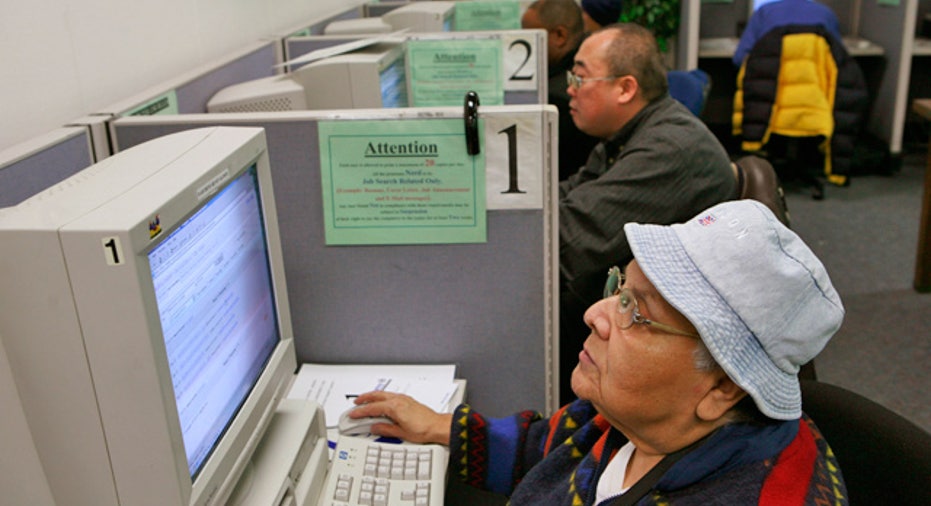Most Americans Find Retirement Goals Unattainable

If you’re feeling discouraged about reaching your ambitious retirement goals, rest assured you are not alone.
According to the newly-released study called Shedding Light on Retirement, 55% of Americans don’t know how to achieve their retirement goals.
The ING-sponsored study, which polled 2,630 retirement investors, also revealed that while Americans want to be in control of their money, they’re also overwhelmed because of lack of guidance.
In an interview with Reuters, Lynne Ford, CEO of ING Individual Retirement, pointed out some of the major take-home points from the survey.
Looking at the big picture, what exactly does this survey tell us?
A: It tells us a couple of things. We’ve seen for many years now that Americans are getting the fact that they are responsible and accountable for providing for their retirement. The two new things that come out of this survey are, just the overwhelming sense of confusion and anxiety people have about getting it done. They say, ‘We don’t have a roadmap, we don’t have a recipe,’ and there are so many moving parts (to investing) because people are saving at the work site and then they’re saving away from the work site.
The second thing that’s interesting about the survey is that it really points to a paradox. The American participant has conflicting desires: they want to be in total control of their money and they want to be empowered to do it their way, but then they’re also saying ‘We don’t have a roadmap and we don’t have the guidance.’ So this paradox around wanting control but needing advice is where we’re finding people today. I think it’s good news because it means people are moving down this path of accountability.
So, does this mean Americans need to nurse themselves back to financial health?
A: I do think that Americans have the sense that the retirement system has changed and it dumped the responsibility on them, and that somehow they should be smart enough to be figure it all out. We, of course, don’t profess to be our own doctors, we don’t profess to fly planes without taking lessons. And so this notion of finding someone who you can trust to provide you with advice is a really important thing. Investors can get advice and they can interview people, they don’t have to go with the first person that they talk to. Much like if you had a medical issue, make sure you do your due diligence.
What are some of the easiest ways to save for retirement?
A: The 401(k) is the first and best place to start. It’s simple and easy because it comes out of your payroll. Also, in many cases, your employer matches your contribution. The second place is to supplement with IRAs. Anyone can contribute to an IRA on an after-tax basis and then benefit from the compounded growth over time. The younger you are when you start, you can actually pay less on a monthly basis and still see that tax deferral work for you over time. Then, depending on how much you think you need, you might think about saving in non-qualified formats like brokerage accounts.
Can you suggest a good behavioral retirement savings tip?
A: There’s a lot of inertia, so we’re strong advocates of auto-enrollment contributions. These have demonstrated to be effective ways to enable participants along the way to get into the 401(k) plan and then to increase their contributions to the maximum match level.
Where did most respondents turn to for their financial guidance?
A: (The workplace) is the place that consumers have said that they first want to go to because they’re thinking about it when they’re at work. I think that’s one of the things that, as a provider of planned sponsors, is helping employers be the best employers; they were the ones who were providing the pension benefits and they were really in the driver’s seat, but now it’s the participants. So many times, the participant will turn to their employer with questions about how their money works.
What exactly is the Retire with ING interactive?
A: We spent a lot of time doing consumer research for the Web site and to make sure we got the language right so it was clear and simple. We developed RetireWithING.com in a way to empower the individuals who are in that paradox so they can see themselves in there. We know that consumers recoil from a one-size-fits-all because their retirement is unique to them.



















